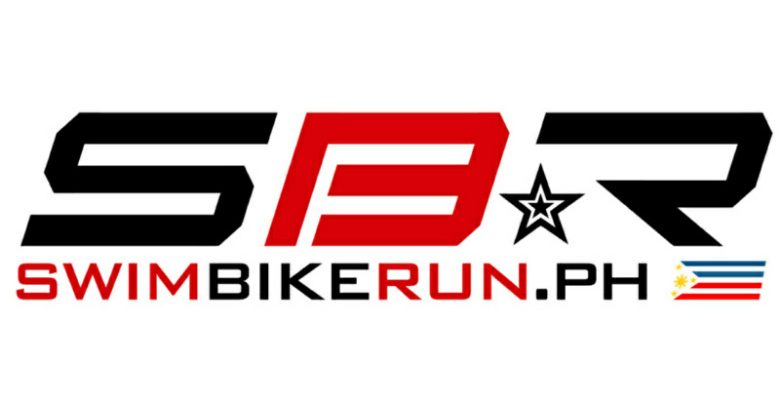5 Open Water Swim Tips For Triathletes


1. Try your race goggles in open water swims *before* the actual race. The visibility that you experience in the pool will be noticeably diminished in the open water. It doesn’t make sense at all for something as simple as goggles to severely affect your swim, so esnure that you’re confident with your current specs. If they leak, fog, or offer poor sighting in the open water, get a new pair. A company called Aquasphere makes a great swim mask with good face hugging capabilities and awesome visibility.
2. Swim with high elbows. The choppy open water will take your smooth swim stroke that you’ve practiced in the pool and completely swallow up your recovery and entry unless you get the arm sufficiently above the water. Practice a high elbow recovery by “zipping” an imaginary zipper up the side of your body with each stroke.
3. Sight off landmarks, not buoys. With the splashing, extra bodies, and overall commotion, buoys can become very tough to see in some open water swims. Attempt to focus on larger, more visible objects, like stationary boats, bridges or houses on the shore. Try to line these up as close as possible to your swim course, and you’ll have a much easier time staying on target.
4. Swim on the perimeters. In a large triathlon with many participants in each wave, you’ll experience less frustration and be able to maintain a steadier pace if you stay to the outside or inside of the group. While drafting may not be as readily available, you’ll waste much less energy changing your pace to match the group. Just beware – in you swim on the inside of the group, there will be quite a bit of position jockeying as you approach the turn buoy, so be ready to fight off other swimmers.
5. Practice swimming with groups. Many of us get used to a relaxing, solo swim in the pool or open water, then completely panic when a hundred other bodies are thrown in the water along with us. Swim at the local beach during busy times, swim at your pool during “family” swim time, join an outdoor or indoor master’s swim group, and get used to not having the water to yourself. This will help you experience more choppiness in the water, assist you with unexpected changes of pace, and train you, both mentally and physically, to adapt to the movements of other bodies in the water while staying relaxed.
Source: Ben Greenfield









